OSHub
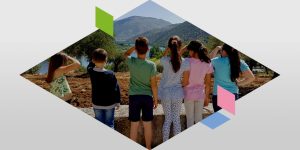
Open Schooling Co-Creation Workshop
Cristina Olivotto (CH), Maria Vicente (PT/NE), Andrew Newman (AU/AT), Matteo Merzagora (FR), Pandora Sifnioti (GR), Shaun Ussher (IE), Open Science Hub Network (INT)
This workshop follows the panel A New Digital Deal for Transnational Collaboration and is facilitated by the Open Science Hub Network team, a consortium of nine European partners funded by the European Commission H2020 Program, that supports and engages schools and local stakeholders to use research and innovation as tools to tackle local challenges and contribute to sustainable community development.
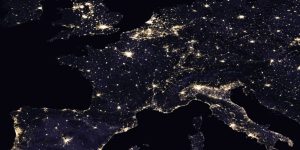
Education Conference: A New Digital Deal for Transnational Collaboration
Cristina Olivotto (CH), Maria Vicente (PT/NE), Andrew Newman (AU/AT), Matteo Merzagora (FR), Pandora Sifnioti (GR), Erik Knain (NO), Open Science Hub Network (INT)
Preserving the quality of the river streams in our villages, monitoring the air quality of the neighborhoods in our cities, engaging our communities to use plastic in a more sustainable way, developing strategies to fight Covid-19 vaccine misinformation. Water pollution, air pollution, plastic consumption, Covid-19 misinformation - these, amongst so many others, are challenges being faced and fought by communities everyday all over the world. Local challenges with global impact.
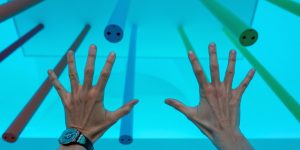
Education Conference
The need to understand how to use digital technologies is emphasised consistently across the globe and educational systems have responded to this by investing in STEM (science, technology, engineering and mathematics). The Education Conference at this year’s festival explores how we can open learning beyond traditional educational institutions and integrate the arts through STEAM. In a series of sessions hosted by partners from the European Platform for Digital Humanism we will get a glimpse of how we can learn and teach differently through integrating art, technology and society.
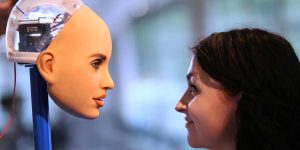
Open Science Hub BLAST
Brendan Owens (IE) and Róisín McGannon (IE)
In this participative workshop Science Gallery facilitators will playfully introduce the topics of BIAS and AI. You’ll then embark on a journey of co-creation to gather specific problems with respect to these issues and rapidly ideate solutions with specific users in mind.
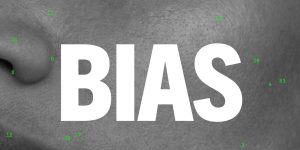
BIAS
Science Gallery Dublin, Science Gallery International, Science Gallery at Michigan State University, ADAPT Centre
The BIAS garden at Ars Electronica will interrogate how bias moves from human to machine and how persuasion, preference, motivation and misinformation contribute to our individual societal and digital biases.

